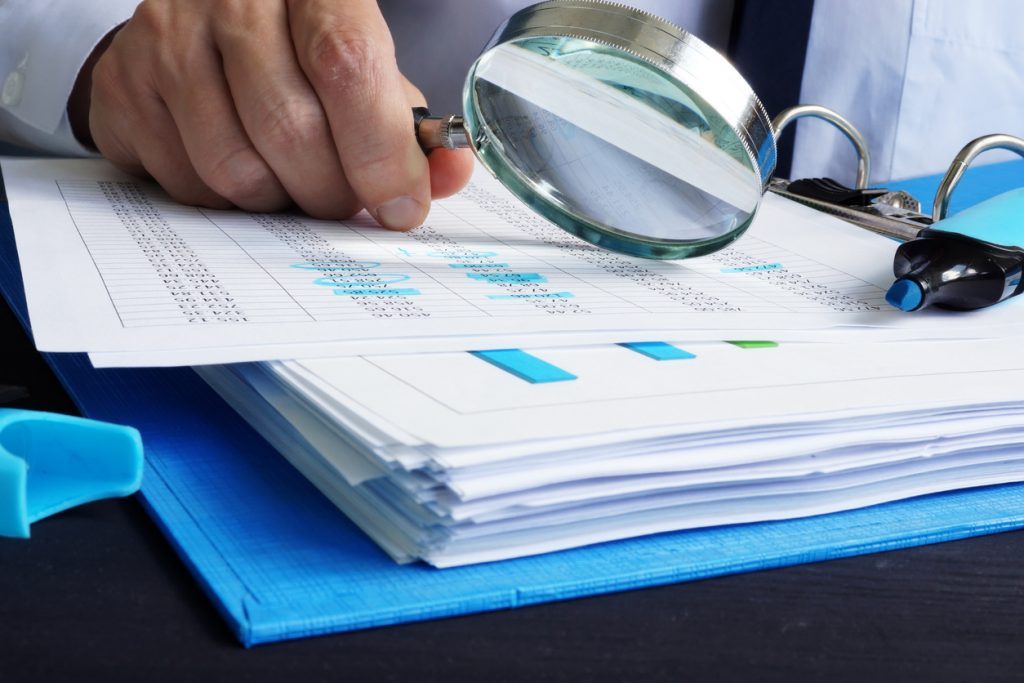If you run a law firm, chances are you need SOC compliance. Nonetheless, complying with SOC 2 isn’t a mean feat. Getting the initial report alone requires significant time, resources, and effort. Often, many people think that SOC 2 compliance doesn’t apply to law firms. However, this isn’t the case because law firms collect huge volumes of data from their clients.
In today’s tech-savvy legal practice, firms have moved past storing client data in filing cabinets. Legal practitioners are increasingly leveraging the technology that is available to them, to store their clients’ data. With the ever-growing number of cyber-attacks, it’s imperative that you keep the data secure besides ensuring that it remains available. The data also needs to be kept confidential and processed with confidentiality.
If your law firm stores its data on the cloud, you’ll certainly need SOC 2 compliance. Unfortunately, many legal practitioners don’t know where or how to embark on their SOC 2 compliance journey. If you are caught up in this situation, you’ll need to be guided on how to effortlessly navigate the intricate world of SOC compliance.
Why SOC 2 Is Important To Your Law Firm
The American Institute of Certified Public Accountants (AICPA) established the SOC 2 auditing standard to test organisations’ internal controls regarding information security and privacy. By attaining compliance status, you’ll be informing your clients that they can trust your law firm to handle their data with utmost care and discretion.
SOC 2 compliance is relevant to all businesses that store customer data on the cloud. This standard isn’t just necessary for protecting your law firm and its clients from data breaches. It is also important for boutique law firms that are seeking to move upmarket.
By attaining compliance status, you’ll be informing your clients that they can trust your law firm to handle their data with utmost care and discretion.
Some lucrative clients will expect you to meet the same compliance standards as other vendors that they have. SOC 2 might be one of the requisite compliance requirements. Therefore, a savvy law firm should use SOC 2 as a competitive distinguisher since compliance proves that the firm is credible, established, and attuned to its customers’ needs.
The SOC 2 Scope
For your law firm to become SOC 2 compliant, it needs to undergo an audit. Consequently, it will receive a report that highlights the quality of the controls that you have in place. The type and criteria of the trust services that you choose will determine the scope of your audit test.
Trust Services Criteria
Generally, SOC 2 reports test against five trust services criteria. These are confidentiality, privacy, security, availability, and processing integrity. Before engaging an auditor, you must decide which among the five criteria you’d like tested. You can also choose to have all the five trust services criteria tested.
The security criteria are mandatory in all SOC 2 assessments because it sets all-encompassing security standards for your law firm. It also overlaps the other criteria by setting controls for confidentiality, privacy, processing integrity, and availability. The security criteria ensures that your clients’ data and the systems that handle it are secure at all times.
The availability criteria ensure that your systems are not only secure but also available to clients to use whenever they expect to. It addresses network performance, security event handling, downtime, etc. It’s important to guarantee clients access to your services and their data at all times.
The confidentiality criteria are meant to ensure the utmost protection of confidential information that is in your law firm’s possession. If you agreed to keep some of your clients’ information confidential, this criteria is for you. The confidentiality criteria provide guidelines for the identification, protection, and destroying confidential information.
[ymal]
The privacy criteria entails the protection of clients’ personal data. These criteria determine whether your law firm effectively protects its clients’ personal information. It addresses how you collect, store, and handle personal information, including clients’ names, addresses, Social Security numbers, and any other identifying information.
The processing integrity criteria ensures that you are providing clients with the agreed-upon services in an accurate, timely, and authorized manner. This criterion addresses processing errors and the time that it takes to identify and fix them. It also addresses issues regarding the incident-free storage and preservation of data in your possession.
Thanks to the processing integrity criteria, you’ll be able to tell whether system inputs and outputs that you use are free from manipulation and unauthorised access. It demonstrates to clients that your data, processes, and systems are working as intended, and therefore, they shouldn’t worry about any inaccuracies, errors, or delays.
To make your law firm S0C 2-compliant, it’s advisable to engage a team of experts who will create protocols for compliance. The firm’s data will be monitored by experts who will also set up and responds to any security alerts. This way, it will be easy to distinguish real threats from false positives whenever an anomalous activity occurs. Working with SOC 2 compliance experts eases the compliance journey.





















